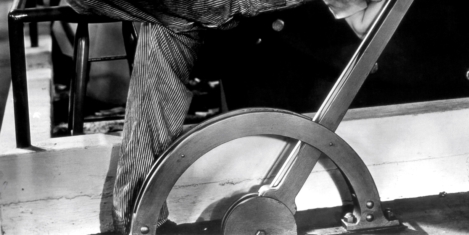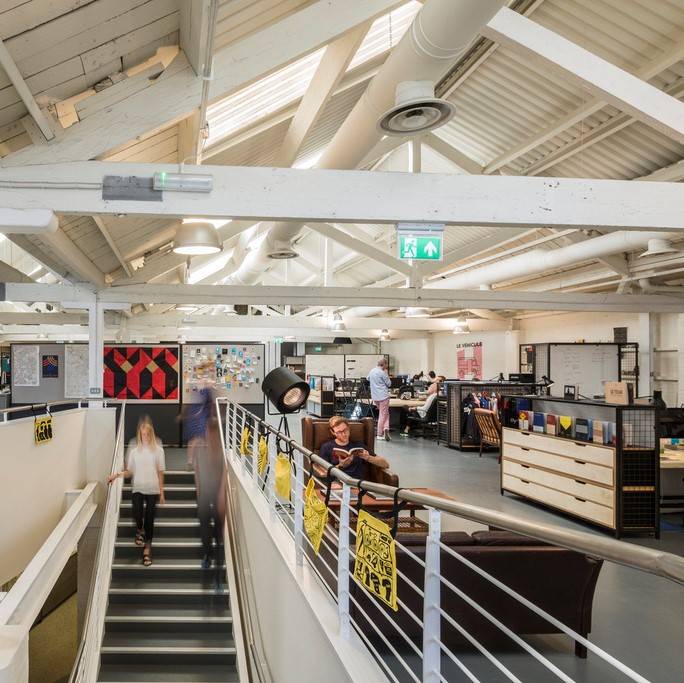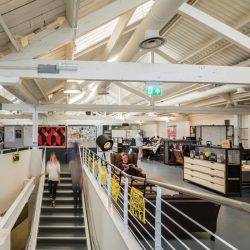To provide the best experiences, we use technologies like cookies to store and/or access device information. Consenting to these technologies will allow us to process data such as browsing behaviour or unique IDs on this site. Not consenting or withdrawing consent, may adversely affect certain features and functions.
The technical storage or access is strictly necessary for the legitimate purpose of enabling the use of a specific service explicitly requested by the subscriber or user, or for the sole purpose of carrying out the transmission of a communication over an electronic communications network.
The technical storage or access is necessary for the legitimate purpose of storing preferences that are not requested by the subscriber or user.
The technical storage or access that is used exclusively for statistical purposes.
The technical storage or access that is used exclusively for anonymous statistical purposes. Without a subpoena, voluntary compliance on the part of your Internet Service Provider, or additional records from a third party, information stored or retrieved for this purpose alone cannot usually be used to identify you.
The technical storage or access is required to create user profiles to send advertising, or to track the user on a website or across several websites for similar marketing purposes.
 What has resilience got to do with the workplace experience? It is a word that has been used a lot recently as the great British public has demonstrated massive amounts of resilience in coping with Covid-19, fuel shortages, worries about food availability and a massive shift in how we work. So what is it? The dictionary gives two meanings: firstly the capacity to recover quickly from difficulties, i.e. toughness. And then secondly, the ability of a substance or object to spring back into shape; elasticity – like nylon for example. (more…)
What has resilience got to do with the workplace experience? It is a word that has been used a lot recently as the great British public has demonstrated massive amounts of resilience in coping with Covid-19, fuel shortages, worries about food availability and a massive shift in how we work. So what is it? The dictionary gives two meanings: firstly the capacity to recover quickly from difficulties, i.e. toughness. And then secondly, the ability of a substance or object to spring back into shape; elasticity – like nylon for example. (more…)
























April 30, 2020
We need to talk more about how we get to work in the first place
by Andrew Brown • Comment